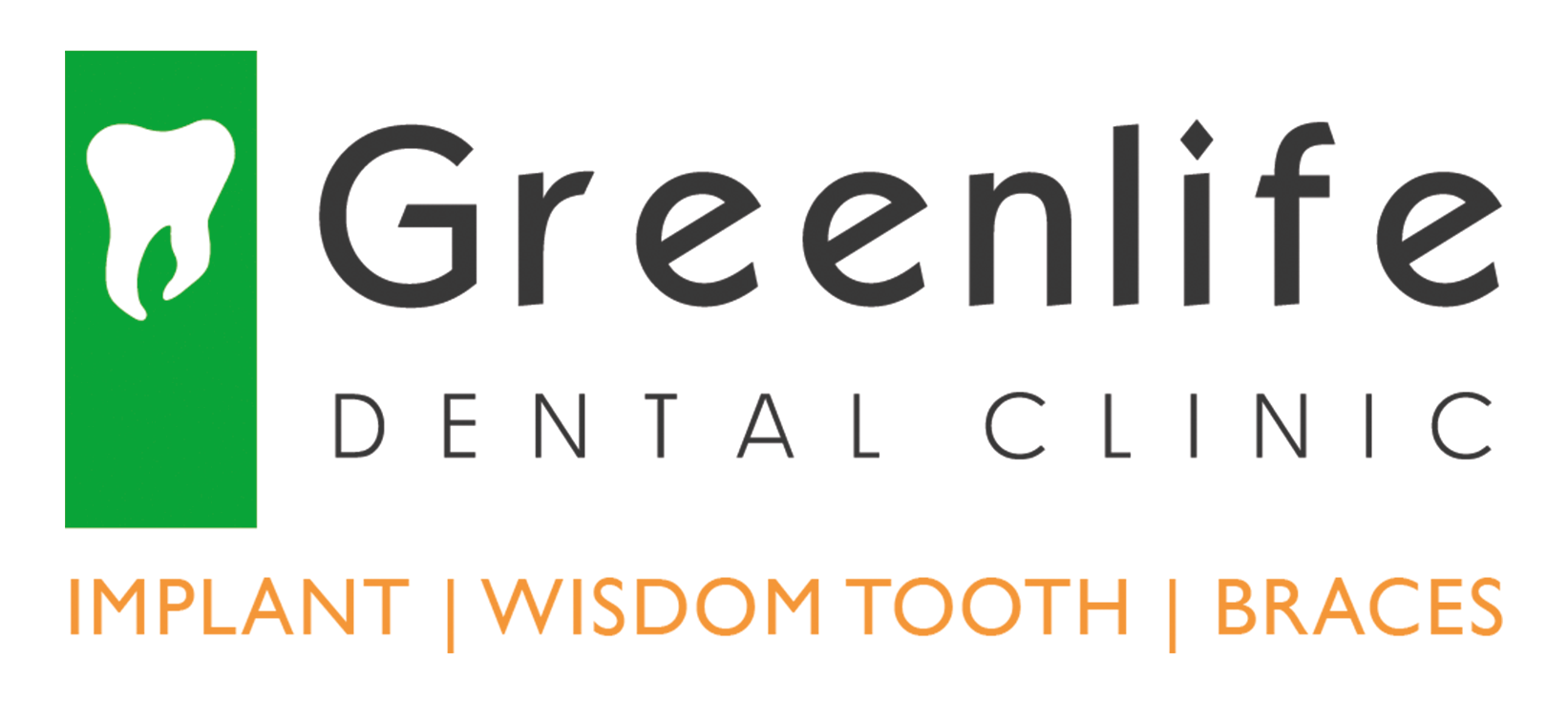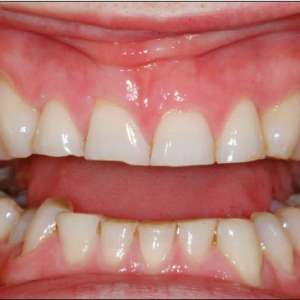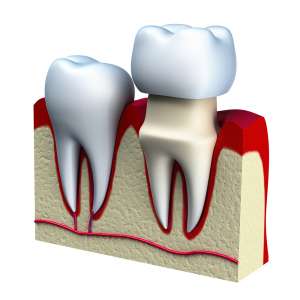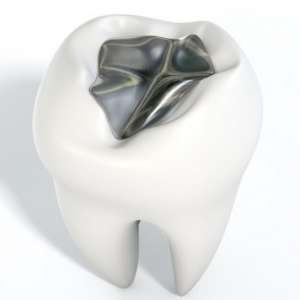Why Do You Have Shipped Tooth, Holes, Gaps & Cracks in Your Teeth?
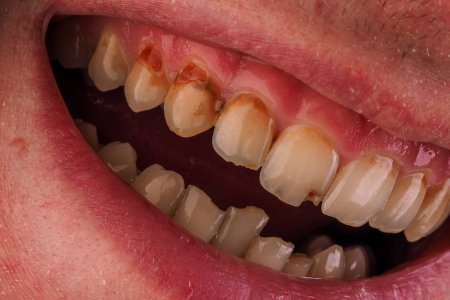

With time, this weakened tooth structure begin to crack under the pressure of chewing and thus creates little hole in a tooth.
If the cavity is not repaired with a filling, the cavity enlarges as more softened tooth structure continue to crumble under the biting forces of tooth function.
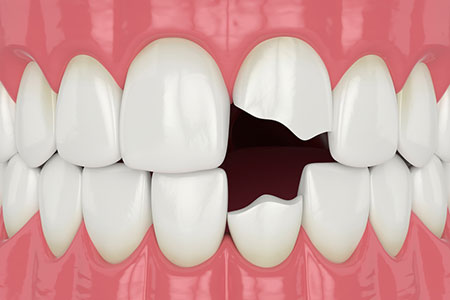

Teeth chipped or fractured when it underwent physical trauma either from external knocks when the teeth hit something hard during an accident or internal when the teeth bites on something hard in our food.
Sometime the upper and lower teeth can destroy each other during uncontrolled grinding and clenching at night in some people.
Repaired teeth (those with fillings and root-canal treatment done) are more fragile than normal teeth making them more prone to fracture if the fillings are large and with little remaining tooth structure left.
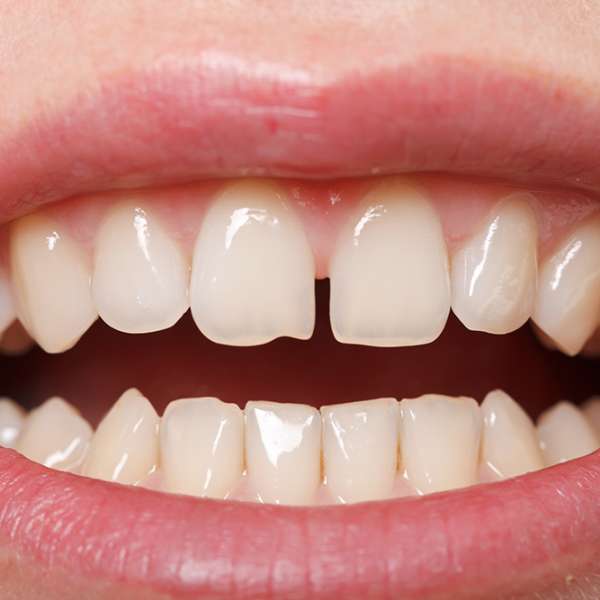

Gaps between teeth: Gaps between teeth can be of natural or unnatural. Natural gaps between teeth occur when smaller teeth are placed on a larger jaw base.
Unnatural gaps occur when teeth drifted apart due premature loss of teeth due to tooth decay or gum disease.
Spaces created by loss of teeth may lead to drifting of adjacent and opposing teeth, in terms lead to more gaps formation.
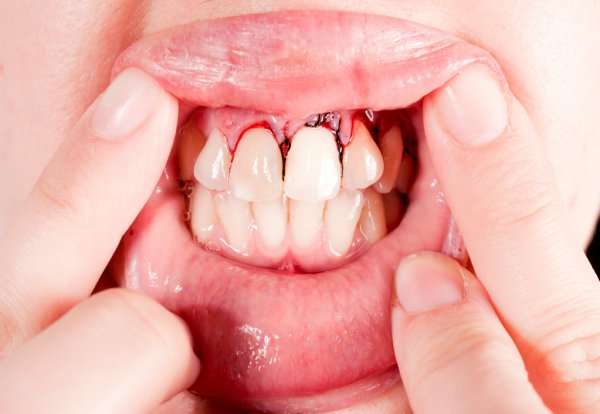

Slowly, the teeth become loosened and start to move or drift out of its normal position, creating gaps for further food and bacterial trap.
Eventually, the infected teeth become so loose that they will drop off by themselves or need to be extracted.
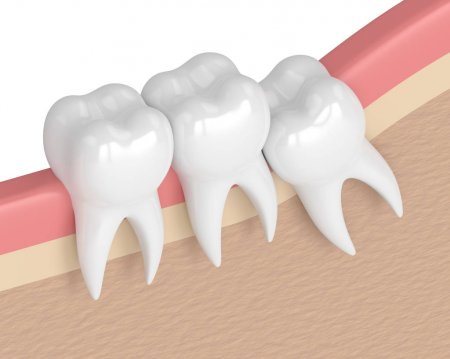

Fractured tooth: Tooth with large filling or even a sound tooth without any filling will crack or fracture under the forces of chewing. Accidentally biting on a hard object like a grain of sand, bone or shell may also fracture a tooth.
Whether a fractured tooth can be saved depends on the severity of the fracture, the depth and angle of the fracture line, the health of the pulp (nerve of the tooth) and the gum condition of the tooth.
Our dentist will recommend you the possible treatment options based on their clinical findings. If the tooth can be saved, a crown is usually needed to protect the fragile tooth.
Cracked tooth syndrome: Micro or very small cracks can appear in the tooth after many years of chewing as part of the wear and tear of our body parts. Chewing forces produces stress on these small crack lines that may enlarge with time and split the tooth apart. A crown will hold the tooth together and prevent further crack development.
Why Do You Need To Fix Your Chipped Tooth, Holes and Gaps in Your Teeth?
Chipped teeth are unsightly and may affects one’s self-image and confidence. Large fracture on teeth may lead to more fracture during function as the tooth is already weakened.
Gaps between teeth is unsightly if they are visible in the front teeth. Gaps also cause irritating trap food during eating that may lead to tooth decay and gum disease.
Larger fracture of teeth may expose the inner layer dentine which may become sensitive to hot and cold, thus irritating the nerve of the tooth (pulp) unnecessarily. Such prolonged thermal irritation may lead to the inflammation and eventually death of the nerve (pulp) of the tooth. This may lead to costly root-canal treatment and crowns or risk losing the tooth by extraction.
Holes in teeth or cavities (tooth decay) is an infection of the tooth due to certain bacteria in the mouth. If these holes are not treated promptly, the infection get worse and the holes get larger and eventually may lead to severe toothache and tooth loss.
It is important to get the chip, holes and gaps treated in the early stages before the conditions get worse and also to enhance one’s self image and improve chewing function. Our dentists will diagnose the causes of your conditions and recommend the appropriate treatment options and preventive measures for you.
Our Approach
If this condition of grinding and clenching of teeth persist only long period of time, damages to the teeth will occurred.
The main objective of placing a crown is it can protect a fragile tooth that is heavily broken down and also restore the shape and function of the original tooth.
Before filling up the cavity, the dentists will need to remove the softened and diseased (infected) portion of the tooth.
